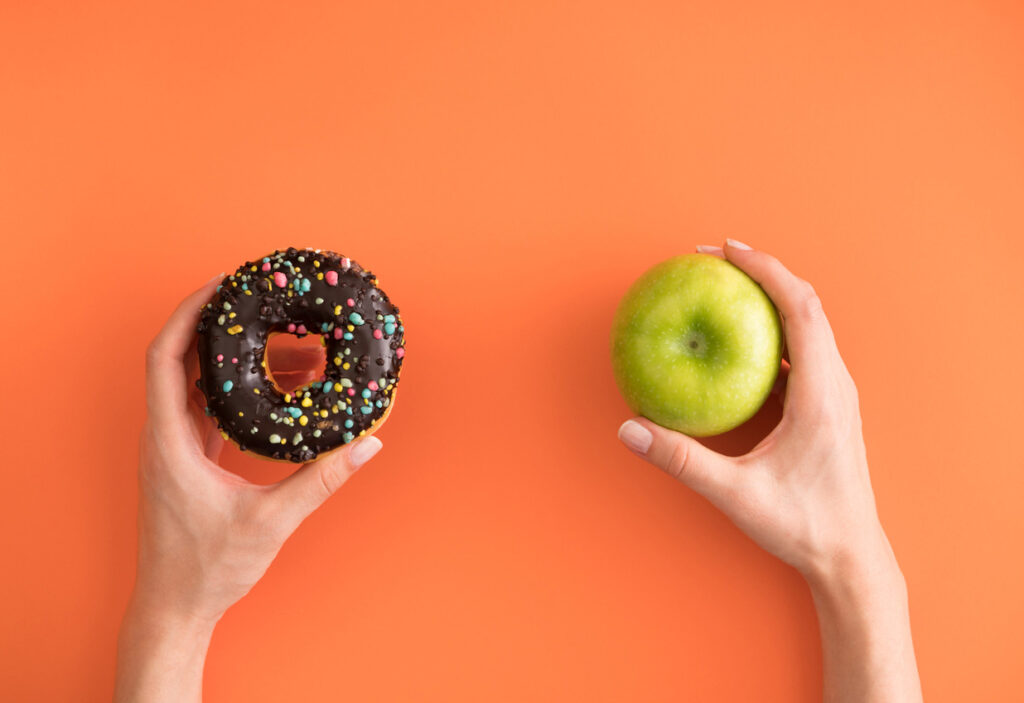Sugar is a taste we are all born to love, but one that comes with important considerations for our health. Understanding the role of dietary sugar, distinguishing between different types, and recognizing the difference between good and bad sugar is key to making informed choices. Let’s delve into the sweet world of sugar and its effects on the human body.
The Role of Dietary Sugar
Dietary sugar, primarily in the form of glucose, is a crucial source of energy for the body. It fuels our cells, providing the necessary energy for daily activities and bodily functions. However, not all sugar is created equal, and the types we consume can significantly impact our health.
Different Types of Sugar:
- Naturally Occurring Sugar: This type of sugar is found naturally in foods like fruits, vegetables, and dairy products. It comes bundled with essential nutrients, fiber, and phytochemicals that contribute to a well-rounded diet.
- Added Sugar: Added sugar refers to sugar or sweeteners added to foods and beverages during processing or preparation. These can include table sugar (sucrose), high-fructose corn syrup, honey, or syrups. Added sugars provide empty calories without the accompanying nutrients found in naturally occurring sugars.
What’s the Difference Between “Good” Sugars vs. “Bad” Sugars?
Good Sugar: Naturally occurring sugars, found in whole foods like fruits, provide essential nutrients, antioxidants, and fiber. They are metabolized more slowly due to their natural packaging, which helps regulate blood sugar levels and provide sustained energy.
Bad Sugar: Added sugars, commonly found in processed foods and sugary beverages, contribute excess calories without offering significant nutritional value. Regular consumption of added sugars can lead to negative health effects and contribute to weight gain, obesity, and various chronic diseases.
Negative Health Effects of Excessive Bad Sugar Intake
Weight Gain and Obesity
Consuming too much bad sugar can lead to an excess intake of calories, promoting weight gain and increasing the risk of obesity.
Increased Risk of Chronic Diseases
Excessive bad sugar consumption has been linked to an increased risk of type 2 diabetes, heart disease, and certain types of cancer.
Dental Issues
Bad sugar can contribute to tooth decay and cavities when consumed frequently or in large quantities, especially in the form of sugary snacks and beverages.
Poor Nutritional Intake
Foods high in bad sugar are often low in essential nutrients, leading to a less balanced diet overall.
Making the Right Choices When It Comes to Sugar
Understanding the role of dietary sugar and the distinction between good and bad sugar empowers us to make healthier choices. While naturally occurring sugars found in whole foods provide beneficial nutrients, added sugars should be consumed in moderation. By reducing our intake of added sugars and focusing on a diet rich in whole foods, we can support our overall health, maintain a healthy weight, and reduce the risk of chronic diseases.
Remember, it’s all about balance and mindful consumption. Let’s savor the sweetness while prioritizing the well-being of our bodies.
Sources:
- American Heart Association. (2021). Added Sugars.
- Harvard T.H. Chan School of Public Health. (2021). The Nutrition Source: Sugar.



